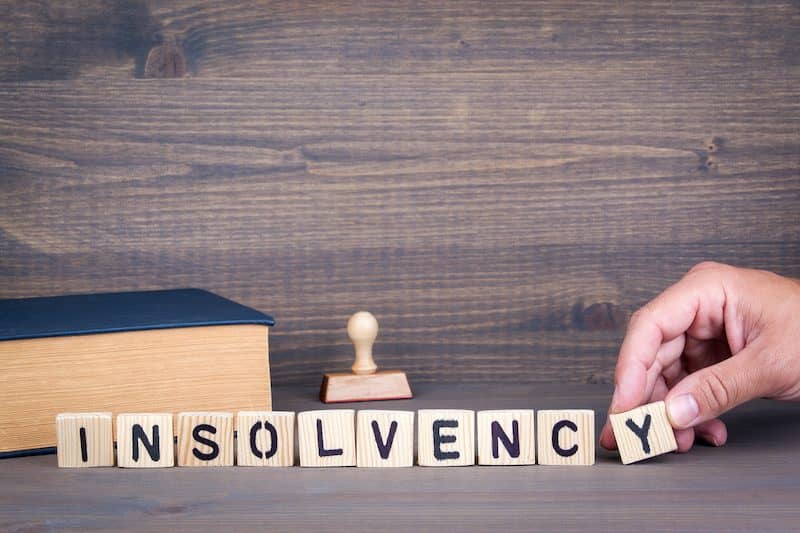On 25 June 2020, the Corporate Insolvency and Governance Bill received royal assent and became law on 26 June 2020 (the “Act”).
The legislation has been fast-tracked through Parliament and contains several temporary measures intended to relieve the burden on businesses across the UK in the wake of the COVID-19 pandemic so that businesses can focus on continuing to operate.
This article from Wollens partner and commercial specialist Daniel Gresswell focuses on Wrongful trading:
In the light of COVID-19, the Corporate Insolvency and Governance Act (CIGA 2020) was introduced by the Government and came into force on 26 June 2020. CIGA 2020 made substantial changes to the law of insolvency including the introduction of temporary changes to the wrongful trading regime.
These changes are intended to encourage directors to continue their businesses without threat of personal liability should the company ultimately fall into insolvency.
CIGA 2020 introduced a retrospective assumption that directors are not to be considered responsible for any worsening of the financial position of their company in the period commencing 1 March 2020 to 30 September 2020.
Further regulations made in November 2020 introduced a second such period running from 26 November 2020 until 30 April 2021.
The assumption applies even if the company is not directly affected by COVID-19 related issues. Where previously wrongful trading provisions look to encourage directors of companies facing financial difficulties to restrain from borrowing and reduce liabilities, the above measures recognise the unprecedented difficulties faced by directors in assessing the ongoing financial viability of companies in these uncertain times.
It is important to note that CIGA 2020’s temporary measures do not have any impact on directors’ statutory duties more generally, including elsewhere under the Insolvency Act. These have remained in force throughout. This means that during these periods, directors are still required to consider and treat creditors’ interests as “paramount” from the point that at which they knew, or ought to have known, the company was (or was likely to become) insolvent to avoid potential personal liability and or disqualification.
All of this means that the removal of personal liability within these parameters should help companies that might otherwise have had to cease trading. The extension of the regulations until the end of April 2021 should be helpful to many (providing the criteria is met).

For advice on this topic or other areas of commercial law please contact commercial specialist Daniel Gresswell.
email : [email protected]
call : 01392 539190



